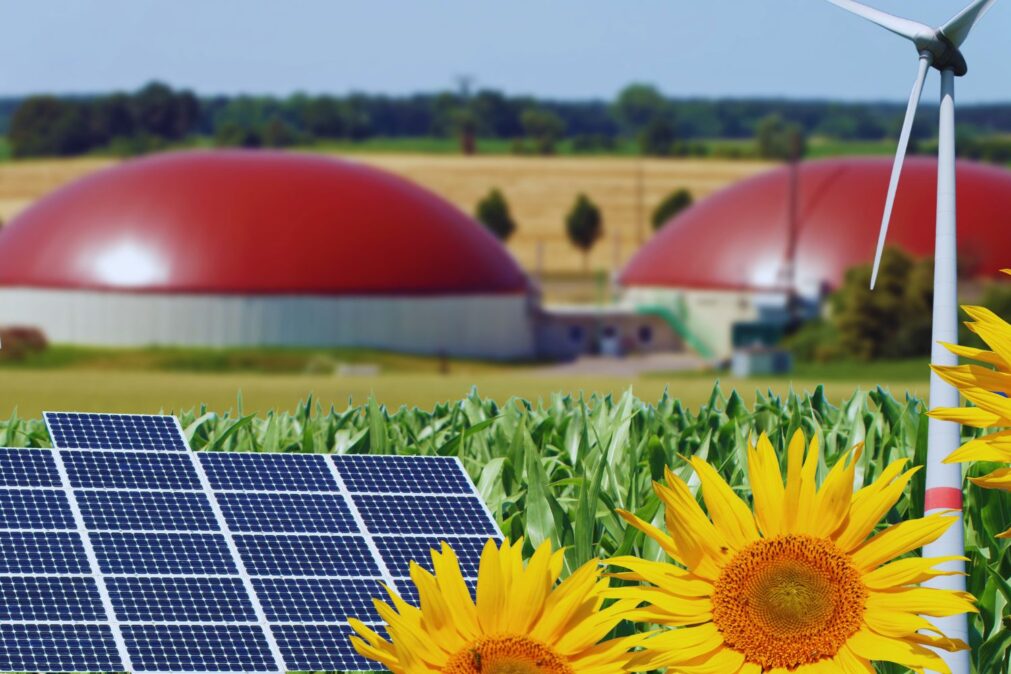In early February, the Senate approved the basic text of MP 998, for the electricity sector, which aims to contain tariffs. Understand what changes with your approval!
On February 4, the Senate approved a provisional measure that redeploys resources in the electricity sector to allow the reduction of energy tariffs. MP 998/2020 brings devices that deal with the reduction of consumer tariffs that are served by distributors in the North region, curbs the growth of subsidies for renewable sources and facilitates the resumption of the works of the Angra 3 nuclear power plant. Check what changes with the approval.
What are the impacts with the approval of MP 998/2020?
The changes contained in MP 998/2020 modify several sectors of the energy market. Check out the main changes and their impacts!
Transfer of resources
Firstly, MP 998/2020 transfers to the Energy Development Account (CDE), between 2021 and 2025, 30% of the resources that electricity utilities are required to invest in research and development (R&D) and energy efficiency programs (AND IS).
These funds are financed by all Brazilian consumers and are intended to finance incentives and public policies, such as discounts for low-income consumers. The change will allow for minor tariff adjustments until 2025.
This change occurred because, currently, there are more than 3 billion reais foreseen for these unused projects.
Thus, resources may be directed to the CDE in order to reduce tariff increases due to the pandemic. With the drop in energy consumption, the distributors made loans of more than 15 billion reais to offset the losses.
Subsidies for renewable sources
MP 998/2020 also proposes a reduction in subsidies from renewable sources. In 2020 alone, adding subsidies to consumers and generators from the sources encouraged, the costs reached 4 billion reais.
At first, the MP ended government subsidies in relation to the production of solar, wind and biomass energy. But, under the conversion bill (PLV), the aid will be extended for 12 months after the promulgation of the MP. There is also the permission to encourage the generation of energy from renewable sources in public buildings that use energy efficiency resources.
Northern Region Distributors
The text raised issues related to energy tariffs for six former Eletrobras distributors in the North and Northeast. The MP granted a five-year term to distributors in the North Region to apply efficiency parameters in economic and financial management, without changing criteria related to the quality of the service provided.
Thus, consumers in the region will no longer need to bear the costs of loans provided to distributors at the time when they were under the control of the Union, which preceded privatization. The loans were paid by the Global Reversion Reserve (RGR), a charge charged to the electricity bill.
The text also provides for a change in the criteria for collecting the charge for the Energy Development Account (CDE), which will become regional. This will allow consumers in Acre and Rondônia to have the same charge as other consumers in the North region and stop paying as if they were in the Southeast and Midwest regions.
Angra 3
The MP is relevant for Eletrobrás, as it facilitates the resumption of Angra 3 works. With the new text, the exploration of the Angra 3 nuclear plant will also be allowed under authorization. However, it will be up to the National Energy Policy Council (CNPE) to grant authorization for 50 years, which can be extended for another 20 years.
With the works stopped since 2015, due to allegations of corruption, the government intends to resume construction as soon as possible and may create an additional tariff to cover the costs related to the Angra 3 energy commercialization contract.
However, a suggested and approved amendment establishes that the price of the energy generated should be the result of technical studies, considering the feasibility of the project and financing, observing the principles of feasibility and moderation. After all, the work has a very high cost that already exceeds 15 billion reais spent.
For market experts, the MP approval was positive and brought improvement on important issues. In addition, it paves the way for a free energy market, creating possibilities for portability of electricity bills between different distributors.





